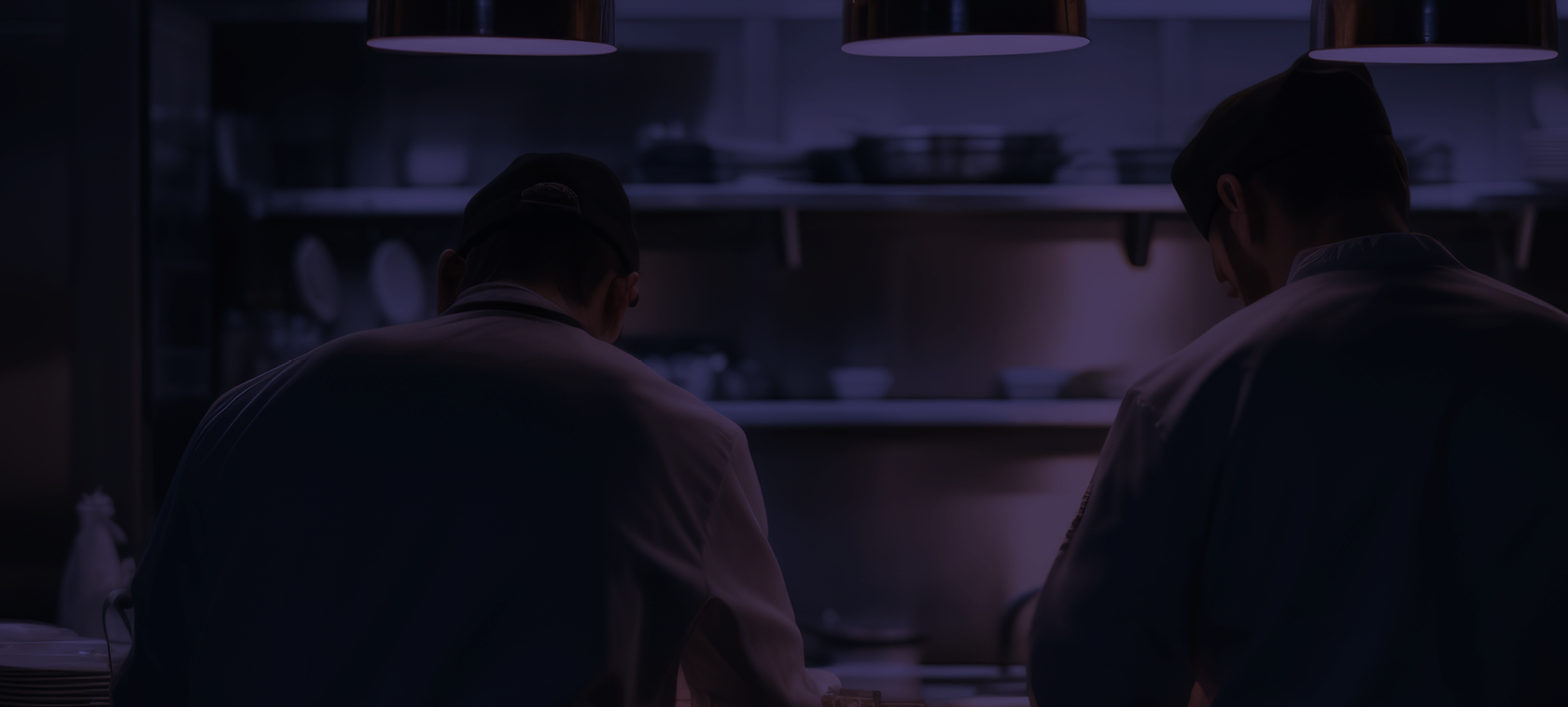It’s the end of a long week. You log onto your takeaway app and place your order, looking forward to your favourite meal arriving. When it does, it’s hot and smells delicious. All signs point towards a good experience.
But do you know for certain where that food was cooked?
Dark kitchen deliveries
This is proving to be a growing issue in the food delivery world. Known as ‘dark kitchens’, structures with industrial kitchens, cooking staff and delivery riders are popping up in cities across the UK.
Having gained notoriety with Deliveroo’s Roobox kitchens – housed in metal structures the size of shipping containers – back in 2017, these dark kitchens are providing food for established eateries that want to expand without the price tag associated with traditional premises.
So far, so street food stall. But there’s a potential problem with dark kitchens.
Dark kitchen problems
Local authorities are taking issue with these dark kitchens. They’ve accused those behind them of bypassing regulations. Area residents have also complained about the noise and number of delivery vehicles.
The Royal Society for Public Health (RSPH) has also spoken out against dark kitchens. The organisation has said they take business and employment away from local high streets and result in a loss of income for local authorities due to the lower business rates they pay.
The RSPH’s Health on the High Street: Running on Empty 2018 report described dark kitchens as “small boxes inside which cooks prepare food for delivery companies”. It went on to explain: “While food may be sold under the name of an established restaurant or takeaway, in reality it is being produced by chefs in a dark, cramped and low paid environment which is frequently either too hot or too cold.”
When companies operate in these dark kitchens, according to the RSPH, the associated problems include “an absence of licensing, poor food safety and often a lack of allergen controls”.
Is it worth it?
2018 has already seen too many deaths as a result of allergies to incorrectly labelled food. Food businesses – whether they’re responsible for supplying, producing or delivering the food – need to take more action to prevent this.
As we’ve seen, Brexit is going to cause a huge amount of change when it comes to legislation – both food-related and otherwise. That could leave food businesses in a precarious position. So it’s up to them to ensure they’re doing all they can to protect their customers.
The right systems are essential to ensuring the successful management of food production. You need to know that you have all the data you need to make informed decisions about what you do.
If you’d like some help with that, just let us know. You can call us on 020 3740 3744 or email hello@shieldsafety.co.uk.



